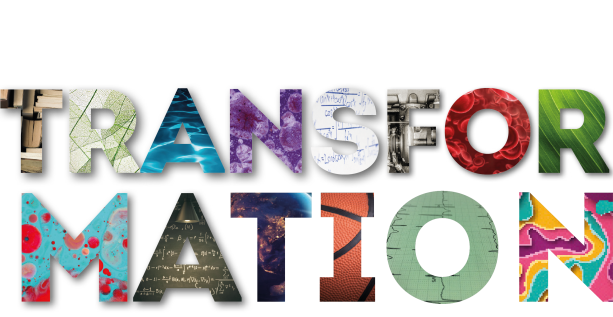University in transformation
In a scenario of exponential, accelerated and disruptive changes affecting new generations, new thinking models, new attitudes to life and people, PUCRS faces the challenge to revisit itself in order to respond to both present and future demands. The university, relying on the power of its tradition, aligned with a continued process of training, is aware that these are the features that make it one of the top universities in Brazil and in Latin America. Hence, it takes its chances on one of the most important movements in recent history, which involves changes in several realms, including the teaching models and the Campus facilities.
Starting in 2018, a new model of organization, which had been developed over the last four years, will take effect at the University. Programs will be embraced by eight different schools, which will replace the existing departments. More interdisciplinarity, more opportunities for development, more autonomy for students to choose their paths and management efficiency are some of the benefits this model brings about.
However, the shift in the academic model of organization alone will not be enough for us to adapt to these ever-changing times. The impending changes in the labor market, the new interests of teenagers and of today’s and tomorrow’s professionals pose as challenges to educational institutions and call for changes in university life.
MODEL OF EDUCATION
As a response to this scenario, PUCRS has set out to think about many aspects of its existence: its role in the community; the strong relationship between teaching, research and extension; its commitment to education for human excellence and its role in the cultural, environmental, economic and social development. In view of the above, the university is keen to implement major changes for 2018: a global movement that involves undergraduate programs and the university’s facilities, which is intended to look at people as a whole, as it offers a model of education that allows for them to develop their full abilities, with autonomy and sovereignty.
A movement that responds to the University’s position as being a vector of innovation and development in every sense possible, and which reinforces its communitarian and Marist character. “This is in line with our strategic position and our identity. Besides, it reflects our constant quest for a new form of education for a new society”, claims PUCRS’ president, Br. Evilázio Teixeira.
In this first moment, the changes will address four main pillars: three of which will come as important innovations at the undergraduate level. The projects, which have been under development since 2014 under the strategic planning of the University, bring the teaching aspect of PUCRS to another level and will be implemented gradually. Such projects imply both a new academic model and learning methods. Drawing heavily on international models, this comes as an innovative initiative of higher education, which responds to the contemporary challenges and discussions in education and in the job market.
Pillars of transformation
Check out the most important changes to be implemented at the University:
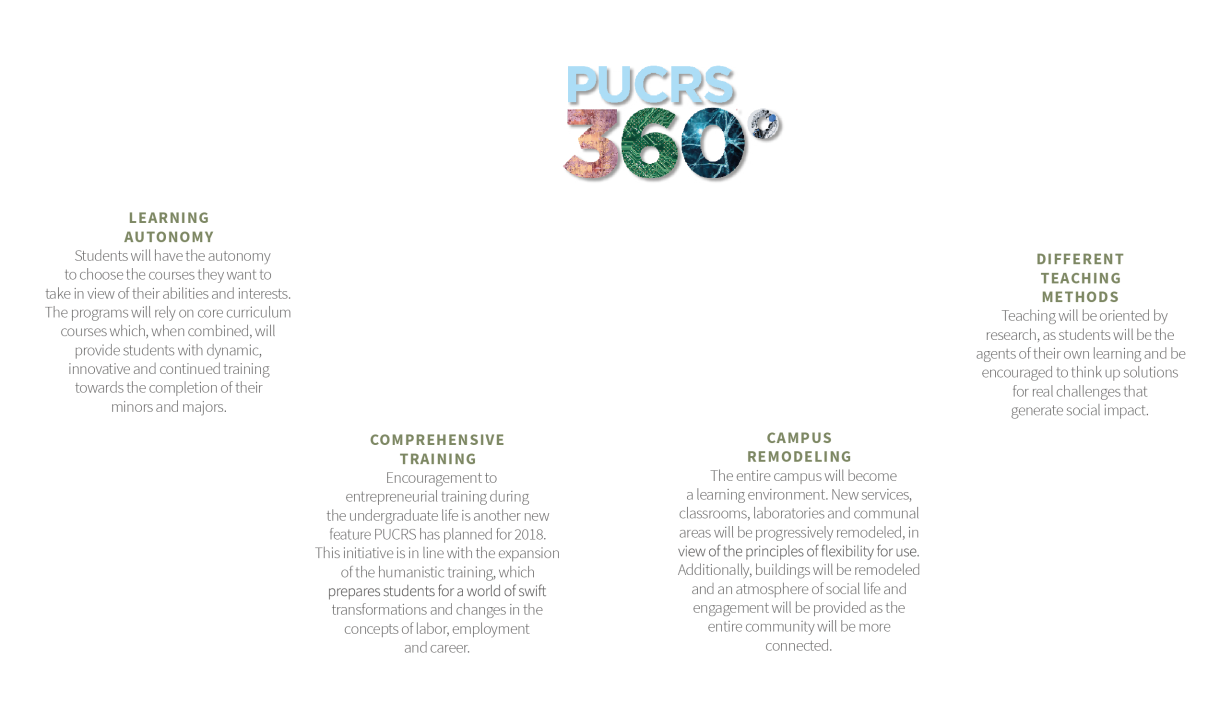
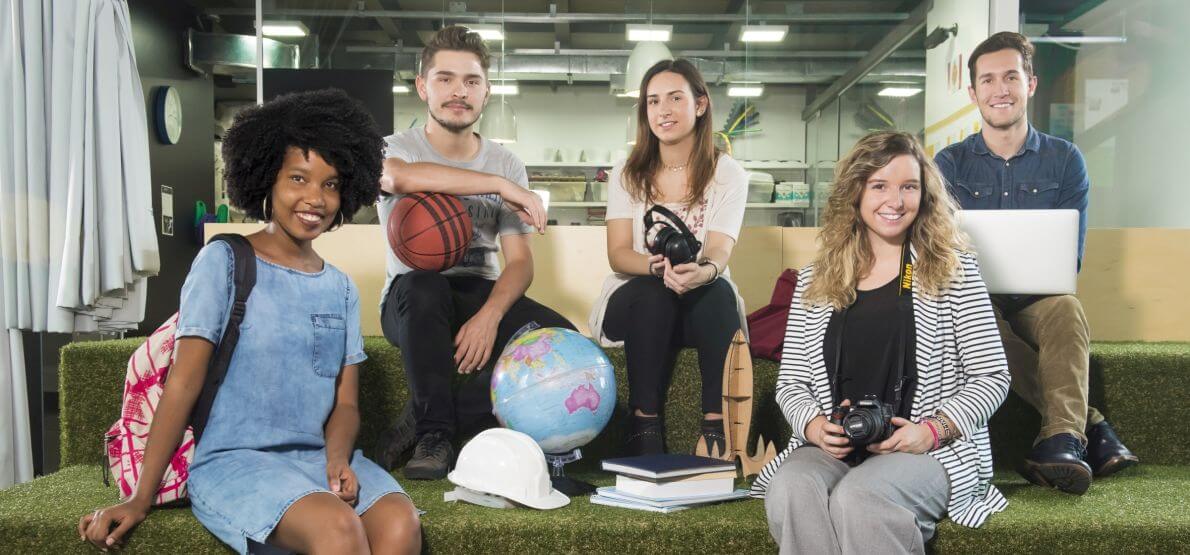
In view of their competences, students will be able to pursue
Learning autonomy
Ajournalist can have a minor in Psychology and Economics. A biologist could draw insights from Communications and Engineering. The training of a business administrator could be enhanced with insights from Philosophy and Design. The multiple paths students can take over the course of the undergraduate life earn them more autonomy and a unique background.
All programs will have a core curriculum, which combines the major - necessary for a biologist, for instance - with a non-core curriculum - with focus on the humanistic training and on necessary abilities and competences for any professional - and, at the end of the program, students will be able to complement and bring their training to a higher level as they will have the chance to undertake complementary studies in areas of their interest.
“This model will be right for students who choose a program and want to enhance their training with advanced-level or interdisciplinary courses”, explains Éder Henriqson, the University’s Director of Undergraduate Studies. For instance: a student may earn their degree in Journalism, with a minor in Economics. These changes will be applicable not only to freshman students but also to senior ones. This model expands and facilitates the access of alumni seeking professional development, complementary studies or even a second degree at the University.
This is beneficial for students who still do not know which path to take, as they can try undertaking distinct disciplines for self-realization. This will also shape the job market, as the doors for new professions that are yet to be created will be open. “Not long ago, people would earn a degree in a certain area and would stay in the same job for the rest of their lives. Today, however, the job market is in need of people who have a combination of abilities, such as Engineering with Biology and Journalism, for instance. It is our duty as educators to be aware and flexible to the needs of the youth, so that they can accomplish their life projects”, complements Emilio Jeckel, executive member of Academic Renovation Project (Reorgg).
In addition to the implementation of minors, the creation and combination of basic core courses at the Schools opens the doors for new Bachelor’s and Technology degrees. “All the combinations will be in accordance with MEC’s and professional boards’ expectations”, explains Henriqson.
You choose the path you want to take

Comprehensive, humanistic and entrepreneurial training
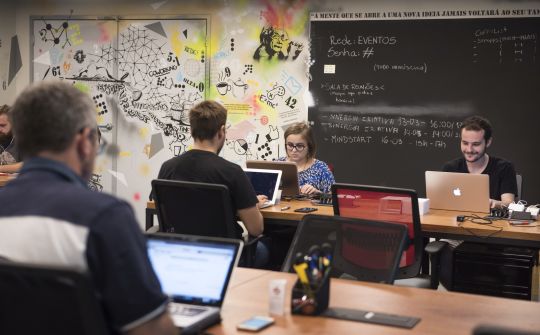
An ecosystem of innovation and entrepreneurship at the service of teaching
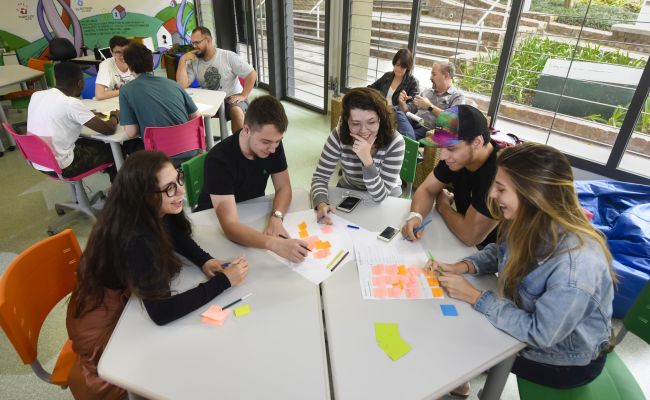
Students working together trying to find solutions for real challenges
The interdisciplinary academic career is complemented by teaching methodologies that change the way one learns. The goal is to have students develop competences to question reality, generate solutions and deal with contemporary dilemmas of our society, which is marked by complex challenges, many of which are still unknown. College training relying on entrepreneurial and humanistic values is the product of the University’s commitment to human excellence, aligned with cultural, environmental, economic and social development, which is in line with the new reality of the Comprehensive, humanistic and entrepreneurial training labor market. Future professionals are being prepared to face the diversity and uncertainty of a context in which the notion of employment, work and career has been completely remodeled.
In an environment relying on a complete ecosystem of innovation, which includes the Science and Technology Park (Tecnopuc) and Raiar – PUCRS’ Startup Development Program, and the academic structures, entrepreneurial training is highly encouraged. The development of non technical and complex cognitive skills will be a highlight under this model. Gabriela Ferreira, Director of Innovation and Development, claims this concept will do much more to society than just produce businesses. “To have an entrepreneurial spirit encompasses seeking, proposing and creating solutions for the challenges of society. There is a scarcity of jobs but a plenitude of work. That is why the university needs to adapt. It cannot produce employees but people who will respond to social demands.” “The very reason for us to enhance the humanistic training is simple: our role in the construction of society. Human relations have always been and will always be decisive for happiness, protection of life and the acquisition of work skills. In the short run, this country will not have a university relying on a humanistic project as intense as that of PUCRS”, anticipates the Director of Undergraduate Studies, Éder Henriqson. Critical abilities and creative thinking are essential curriculum components, as well as the teaching of values, such as fellowship, collaborative spirit, autonomous thinking and respect to the world and to life. The goal is to produce a global, humane, creative and entrepreneurial citizen.
Research as a learning tool
Research will be one of the pillars of PUCRS’ teaching. It will be gradually incorporated into the undergraduate life, and students will be provided insights into it since the very beginning of their program, as they will work in integrative projects all along, facing real challenges that generate social impact. “No other university can employ research as a teaching tool, in view of all the accomplishments of PUCRS over the last 15 years in this area and in innovation. This does not mean we will only produce researchers, but students who learn from a different perspective”, stresses Henriqson.
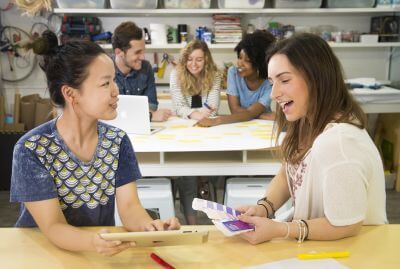
Teamwork-based social learning focused on research
Pedagogical innovations carry with it a different conception of knowledge and different views concerning teaching methods and didactics. Under this model, which preaches research as a teaching tool, learning will be a team-based social construct. In this regard, learning will be a process of continuous realization, and will occur in a meaningful and collective way, as students are the agents of their own learning. Students will be assessed not only through exams but by how they address real life problems and propose solutions for society.
Campus remodeling
Not only do the changes at the University encompass the academic realm, but also physical and environmental aspects, since the changes to be implemented will be with an eye to students’ well-being, as new physical and virtual facilities, services and convenience areas will be offered. The Campus revitalization project, in support of the 360o movement, will be divided into five phases over the next two years and some changes will be presented by the end of March 2018.
Intent on providing better services for students and expanding its relationship with society, the area between the Commencement Hall and building 15 will be renamed to Rua da Cultura, as it will nurture student life. The first part of the project will be completed in March and its changes will affect the area behind building 5 all the way to building 15. Students will be able to integrate to university life and share outdoor environments with other peers in a properly equipped area which includes video projectors and lecture halls. Right next to the library, there will be a café and an entertainment area.
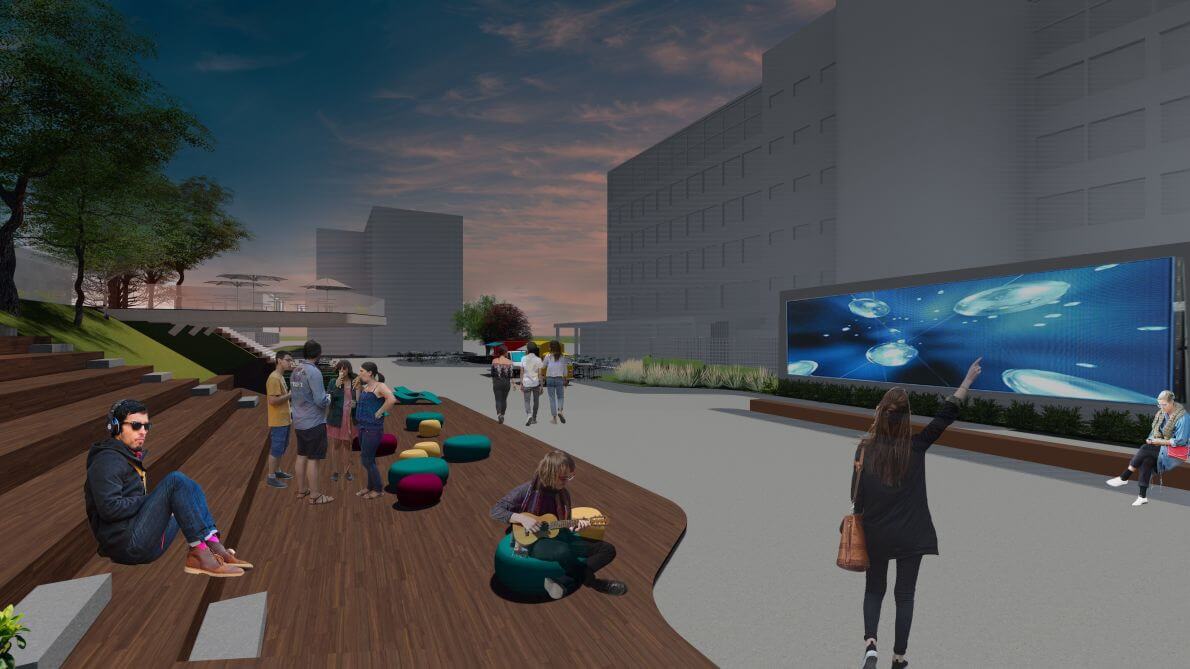
Culture Street: vitality and wellness space behind buildings 5 to 15
LIFE AND INTEGRATION
In the first phase of the project, building 15 will become an integration center. The ground floor will be completely remodeled and will include a large food court for students, professors and staff members. Part of that area will be directly connected to the garden, as the walls will be put down.
In addition to that, building 15 will be home to the PUCRS Store, which will be fully renovated as part of its expansion plan. And there is more: in July 2018, the 2nd and 3rd floors of building 15 will be fully revamped and new furniture will be arranged in order to facilitate students’ experiences. These areas will be used by all Schools.
There will be four other phases that will effect changes in other areas, such as the Commencement Hall, which will be open to external events and cultural activities, the Events Center, which will be more dynamic and even the footbridge over Ipiranga Avenue, which will be remodeled.
Additionally, the buildings will be surrounded by squares. “In the following phases, the innovative and entrepreneurial pedagogical methods, which will initially be developed in building 15, will be implemented in the other Schools. We are working on improvements in the other buildings’ classrooms, as we are changing the furniture and the concepts”, says Milton Stella, Administrative Director for Quality of Services and Operations of the Office of the Vice President for Administration and Finance (Proaf).
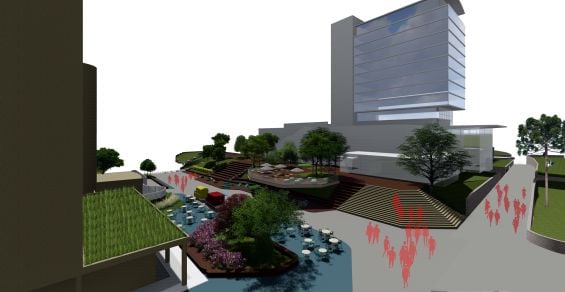
Learning spaces
Every new area on Campus will be a learning environment, from classrooms to laboratories, and snack bars to hallways. Three principles have been taken into consideration in order to make these changes happen: flexibility, connectivity and engagement. The modernization will put human beings first as they will be able to integrate, share and enjoy the high quality services, thus maximizing the learning processes.
“These areas can, at the discretion of professors, be used to integrate students from similar and different programs. Learning occurs under different perspectives and the environments have an influence on people’s behavior and state of mind”, says Alam Casartelli, Vice President of Administration and Finance. A new Campus will be brought to life in March 2018, and consequently, there will be more integration between the programs of a given School.
The Schools |
|
Interdisciplinarity gains momentum with the organization of the university in eight different Schools, which will embrace different academic areas SCHOOL OF HEALTH SCIENCES**
SCHOOL OF SCIENCES*
LAW SCHOOL
BUSINESS SCHOOL
SCHOOL OF MEDICINE
SCHOOL OF TECHNOLOGY**
SCHOOL OF HUMANITIES
SCHOOL OF COMMUNICATIONS, ARTS AND DESIGN**
** CREATED IN DECEMBER 2017 |
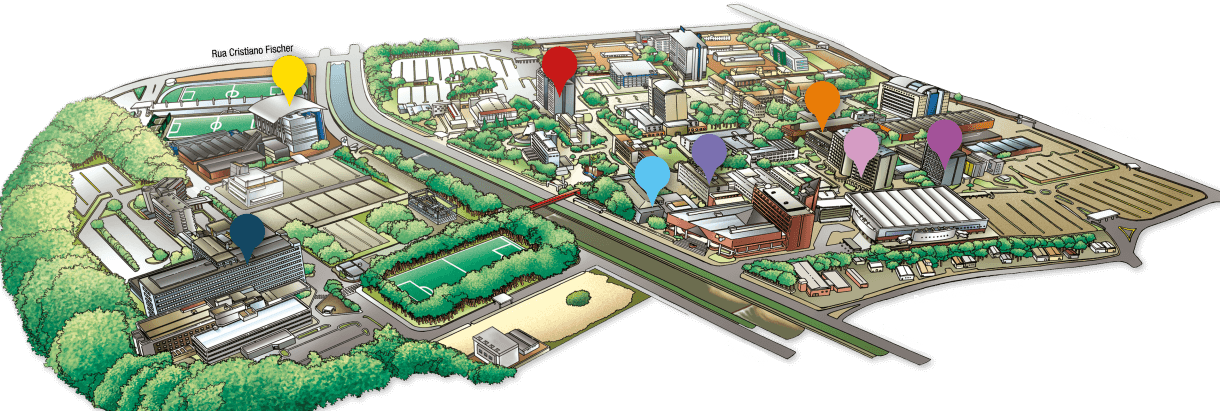
Where the new schools are installed
 School of Health Sciences
School of Health Sciences School of Sciences
School of Sciences Business School
Business School School of Humanities
School of Humanities School of Technology
School of Technology School of Communications, Arts and Design
School of Communications, Arts and Design Law School
Law School School of Medicine
School of Medicine



